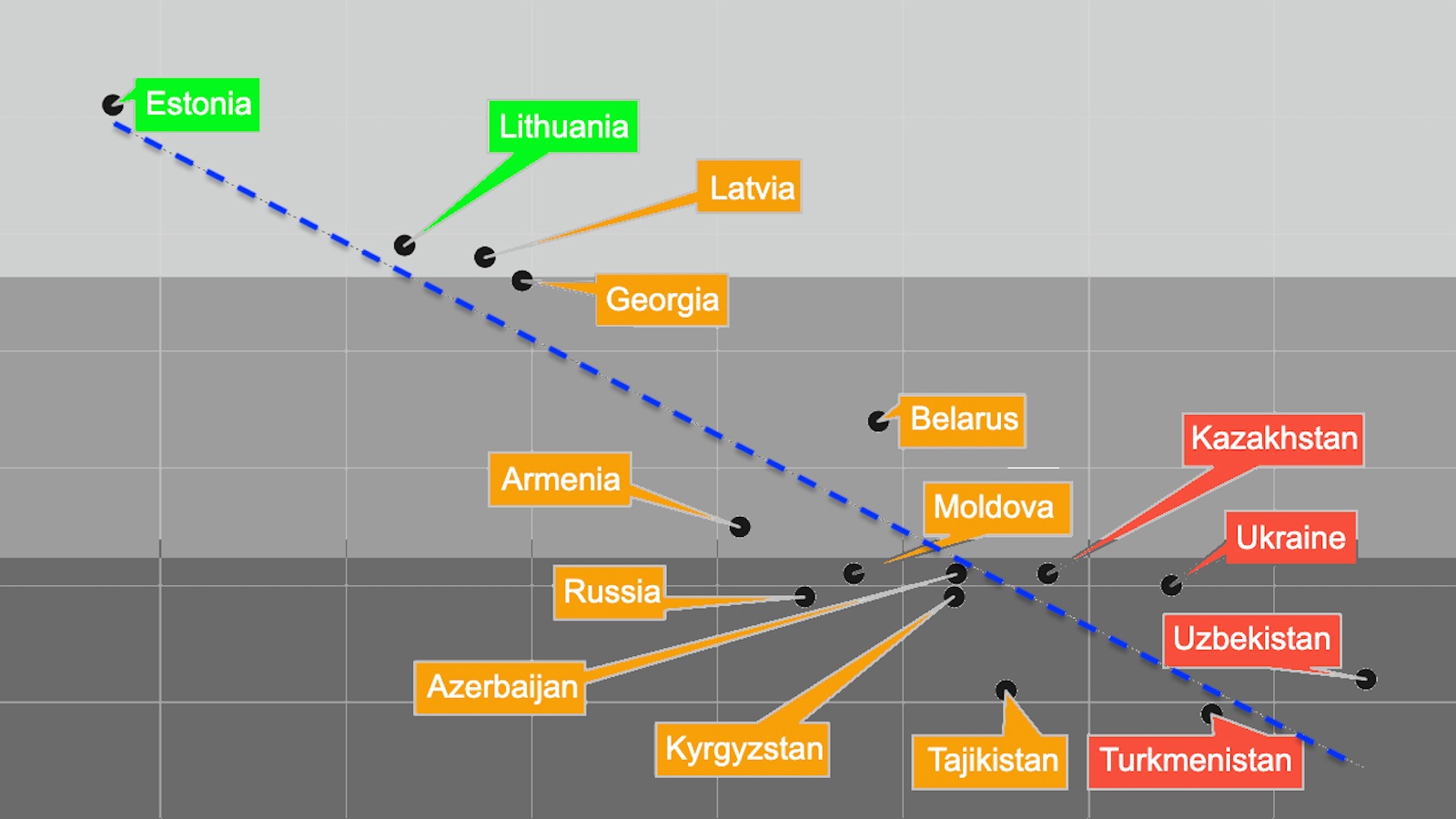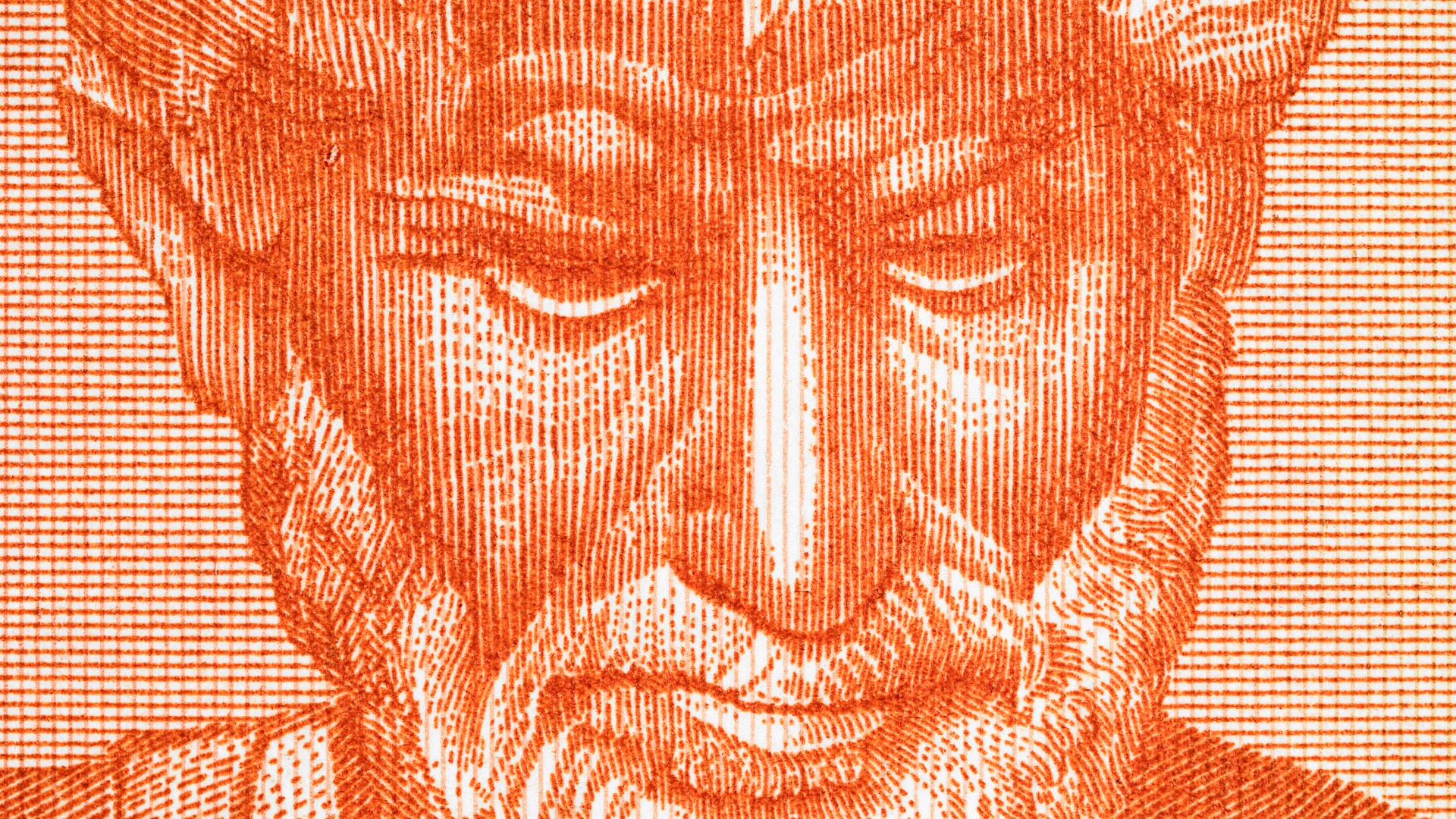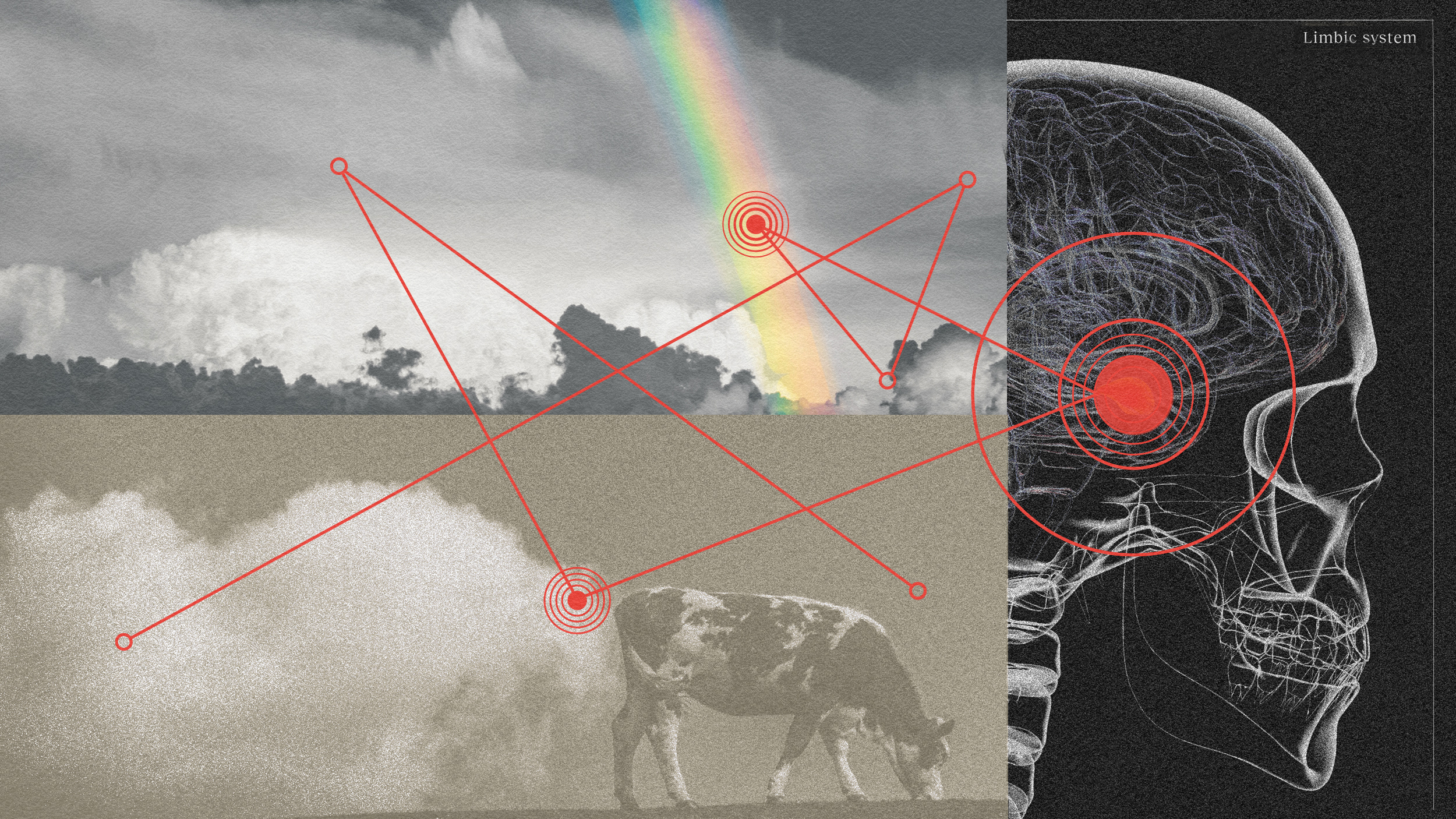Alex Edmans, professor of finance at the London Business School, warns us to be mindful of the incentives surrounding misinformation — including our desire to believe it.
All Articles
Grab a sword, a small plate, and a young child. We’ve got a demon to summon.
There was a lot of hype and a lot of nonsense, but also some profoundly major advances. Here are the biggest ones you may have missed.
In post-Soviet nations where ministers have a relatively high BMI, corruption tends to be high, too.
The psychology of people who cut off all communication—and how that affects their partners.
Playing the long game in Japan is about creating something so enduring that it becomes timeless.
Matt Strassler’s journey into fundamental physics culminates in a brilliant explanation of the Higgs field. Enjoy this exclusive interview.
Self-help often distills philosophical ideas for the modern ear. Sometimes, its better to go back to the source.
Women bring new and innovative ways of exercising power to the table, argues Gaia van der Esch. All business teams will benefit.
The Firefly Sparkle galaxy was only spotted because of gravitational lensing’s effects. Yet galaxies like these brought us a visible cosmos.
A CDC survey suggests America’s obesity rate may be falling.
The tech world’s fixation on artificial intelligence has spawned beliefs and rituals that resemble religion — complete with digital deities, moral codes, and threats of damnation.
And can we run the grid of the future without AI?
“We do not experience primarily because we have brains; we experience because we are alive.”
Just because you can’t experience it doesn’t mean it’s not real.
We have it in our power to forgive a debt — and learning to use this power in the workplace can be golden.
By improving quantum error correction, quantum computations are now faster than ever. But parallel universes? That’s utter nonsense here.
Encouraging thoughtful responses over impulsive reactions can help prevent AI exploitation in decision-making.
The promising new treatment builds on research that went into developing COVID vaccines.
Welcome to The Nightcrawler — a weekly newsletter from Eric Markowitz covering tech, innovation, and long-term thinking.
Sixty years ago, the Soviet Union was way ahead of the USA in the space race. Then one critical event changed everything.
What if the barrier to a fulfilled life isn’t technology but culture?
The problem for galactic-scale civilizations comes down to two numbers.
If atoms are mostly empty space, then why can’t two objects made of atoms simply pass through each other? Quantum physics explains why.
“Could you create a god?” Nietzsche’s titular character asks in “Thus Spoke Zarathustra.”
When it comes to behavior, genetics may play a larger role than you think.
From tulips to Bitcoin, bubbles have been given a bad rap as destroyers of dreams — but they’re essential for our brightest future. Here’s why.
From a hot, dense, uniform state in its earliest moments, our entire known Universe arose. These unavoidable steps made it all possible.
With no reliable way to discern the author of an artwork, we may eventually abandon the question of whether something was made by humans or not.
It was barely a century ago that we thought the Milky Way encompassed the entirety of the Universe. Now? We’re not even a special galaxy.





























